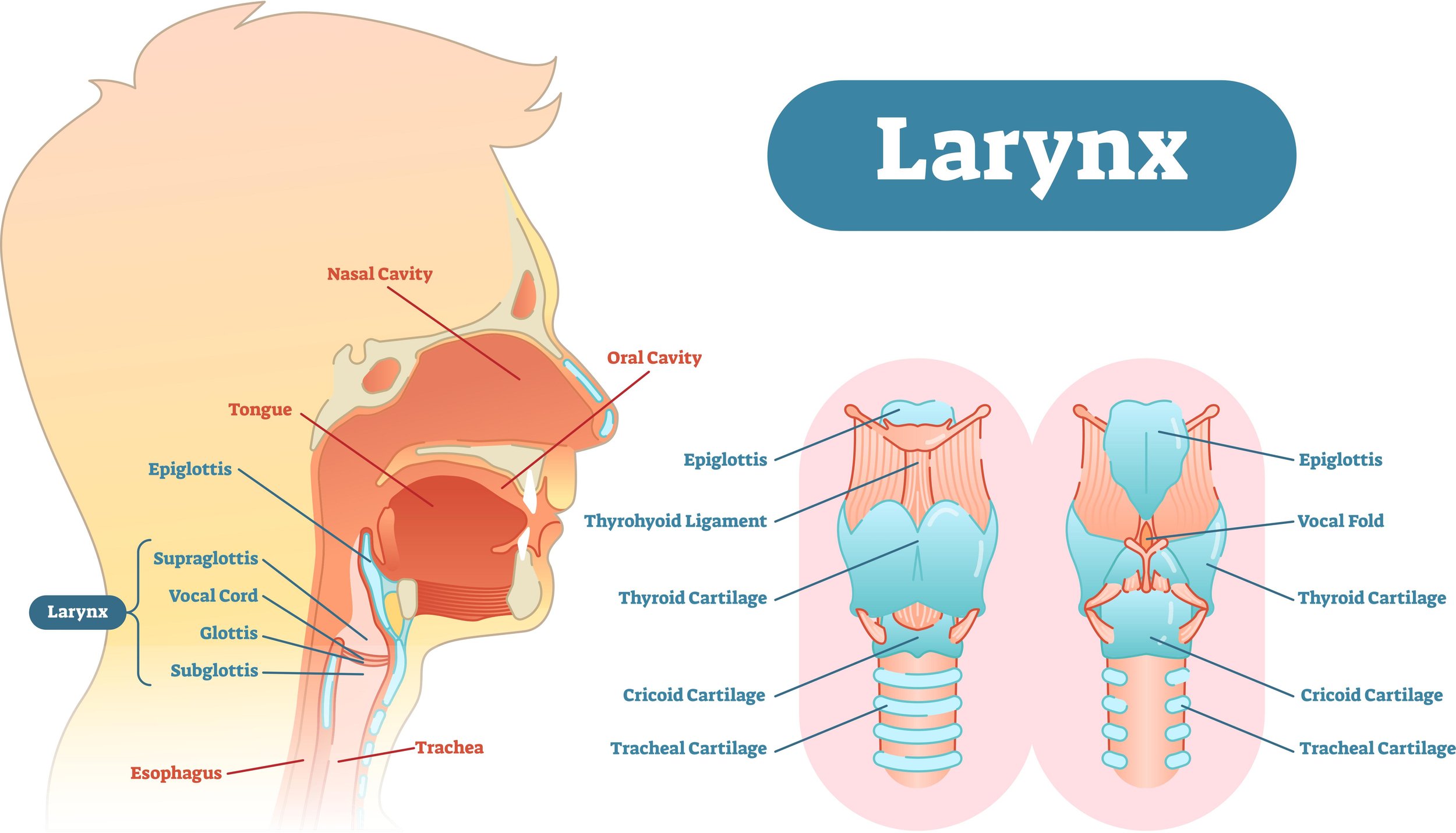Testosterone and Vocal Masculinization [Your Top FAQs Answered on Voice Changes]
Navigating vocal masculinization on exogenous testosterone can be both exciting and challenging. As you start hormone therapy, you might have a lot of questions about how it will affect your voice.
This Q&A addresses some of the most common queries about the timeline of vocal changes, the permanence of these changes, and their impact on singing ability.
Whether you’re new to testosterone or looking for more information on how it will shape your voice, this blog aims to provide clear and practical answers to help you understand and manage your vocal transformation.
How long will it take for my voice to get lower once I start taking exogenous testosterone?
Voice changes due to exogenous testosterone typically begin within the first 3 to 6 months of starting hormone therapy. The initial deepening can be subtle, but after about 6 months to a year, the changes become more noticeable. However, the timeline can vary depending on your individual response, dosage, and the method of administration. Full voice changes may take up to 2 years to stabilize, as testosterone thickens the vocal folds gradually over time.
Will testosterone change my ability to sing?
Yes, testosterone can change your ability to sing. As the vocal cords thicken, your range—especially in the higher registers—may decrease, making it harder to hit higher notes that once may have been easy. Singers may also experience a rougher vocal quality or a larger break between their chest and head registers. However, with proper vocal training and exercises, many people can adapt to these changes and regain control over their voice, even if their range has shifted.
How can I minimize vocal changes on testosterone?
While testosterone will inevitably cause some vocal changes, there are steps you can take to minimize its impact:
Work with a vocal coach: Regular training can help maintain flexibility and strength in your voice as it changes.
Hydrate well: Keeping your vocal cords lubricated with proper hydration is essential for maintaining vocal health.
Use gentle vocal exercises: Incorporating semi-occluded vocal tract warm-ups and vocal exercises can help preserve your vocal range and prevent strain.
Start slow: Lower doses of testosterone may lead to a slower and less drastic change in the voice. Discuss with your doctor about the appropriate dosage and timeline if voice changes are a concern.
When will my voice stop changing on testosterone?
Your voice will likely continue to deepen and change over the first 1 to 2 years on testosterone. After this period, the changes usually plateau as your vocal folds have thickened and stabilized. While some small adjustments may still happen after this time, most people find their voice stabilizes within the 2-year mark, though vocal training can help with further refinement.
If I quit taking exogenous testosterone, will my voice get higher?
Once your vocal folds have thickened due to testosterone, the changes are permanent. Stopping testosterone won’t make your voice revert to a higher pitch. The deeper tone that develops while on testosterone will remain.
Conclusion:
Understanding the impact of exogenous testosterone on your voice is crucial as you embark on your masculinization journey. While the changes can be significant and permanent, knowing what to expect and how to manage these changes can help you maintain control and confidence in your vocal expression.
By staying informed and proactive, you can navigate these changes with greater ease and continue to use your voice in a way that feels true to you. If you have more questions or need personalized advice, try a consultation with a vocal coach or healthcare professional. They can provide additional support tailored to your needs.






















